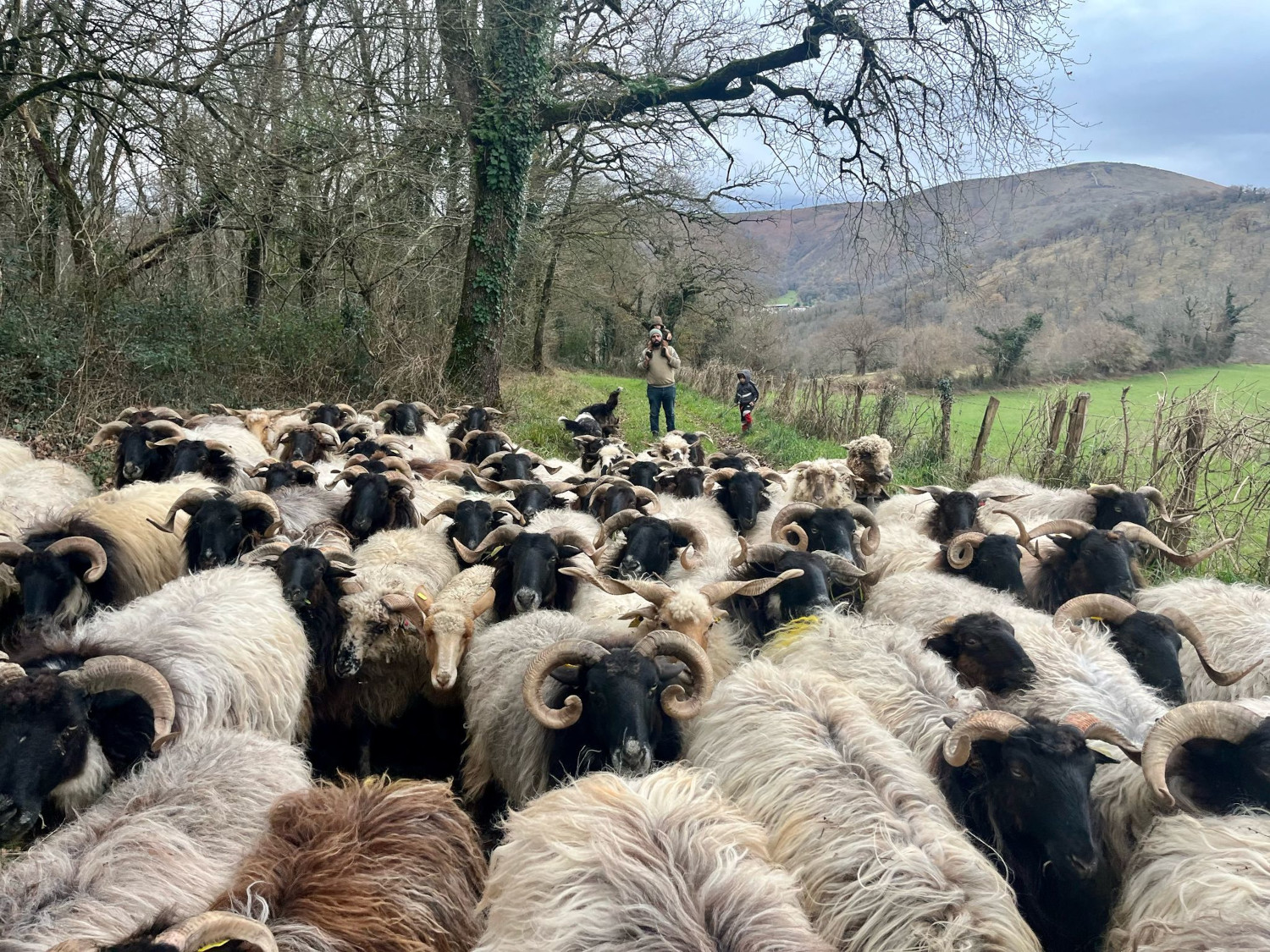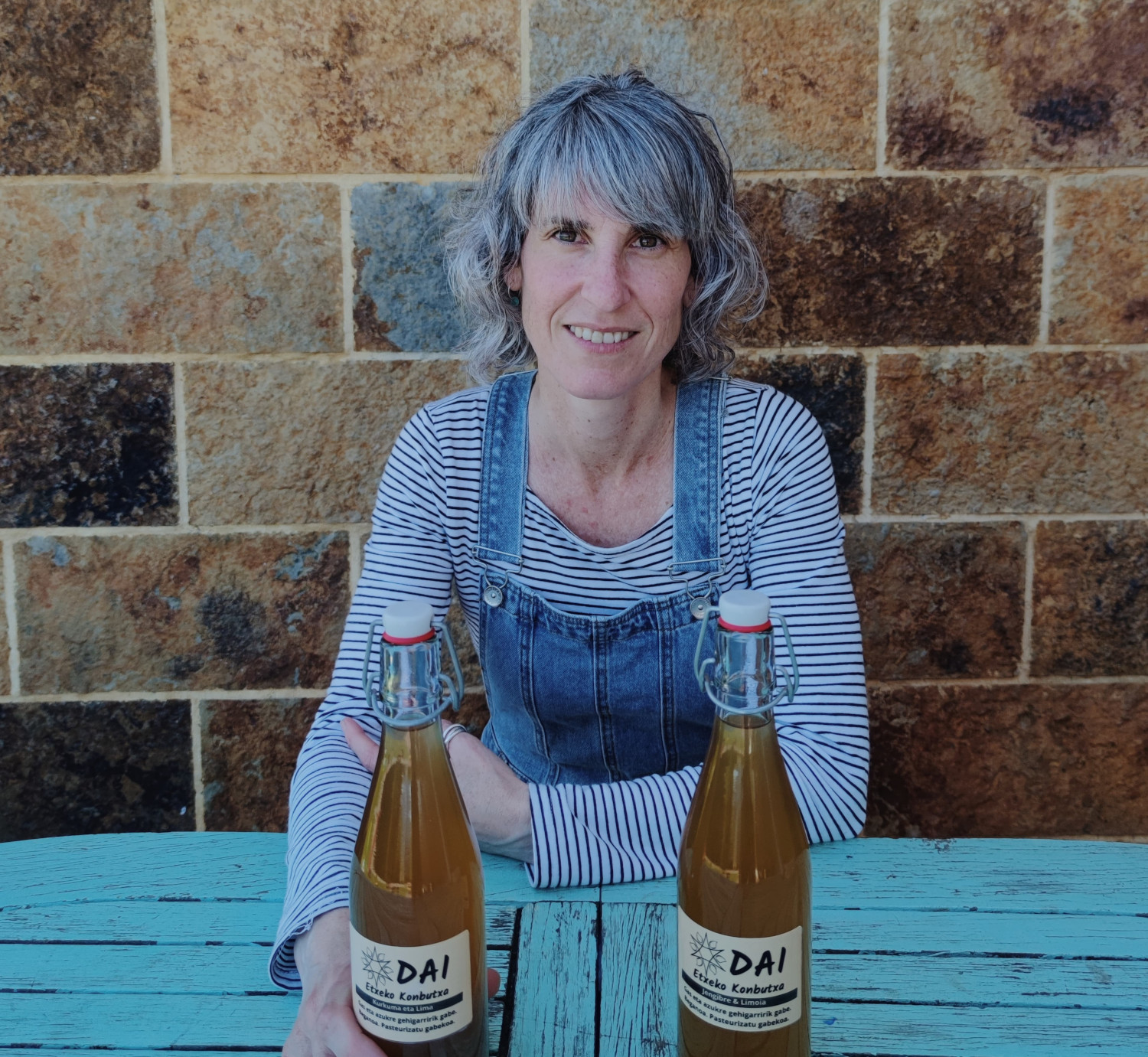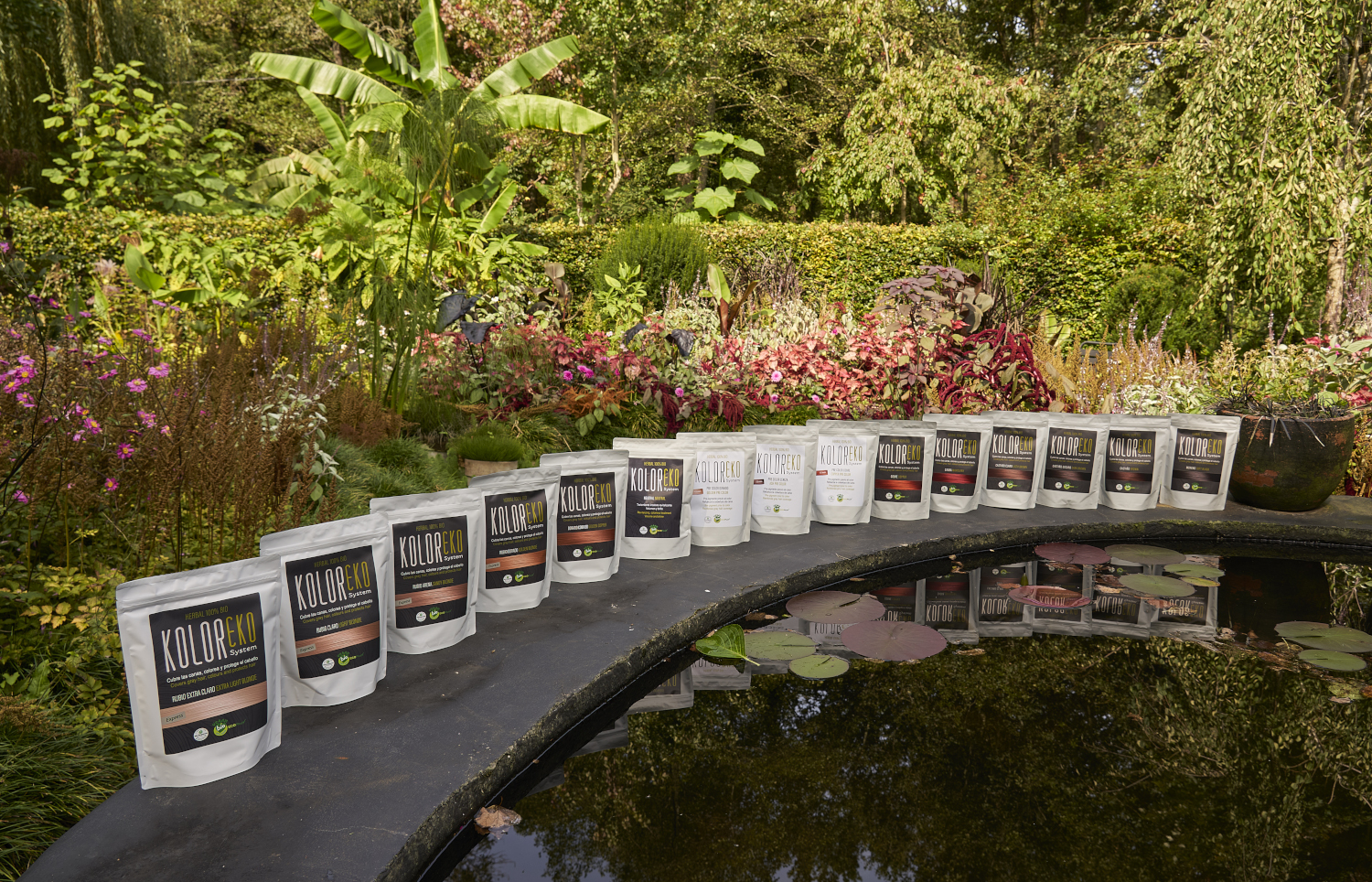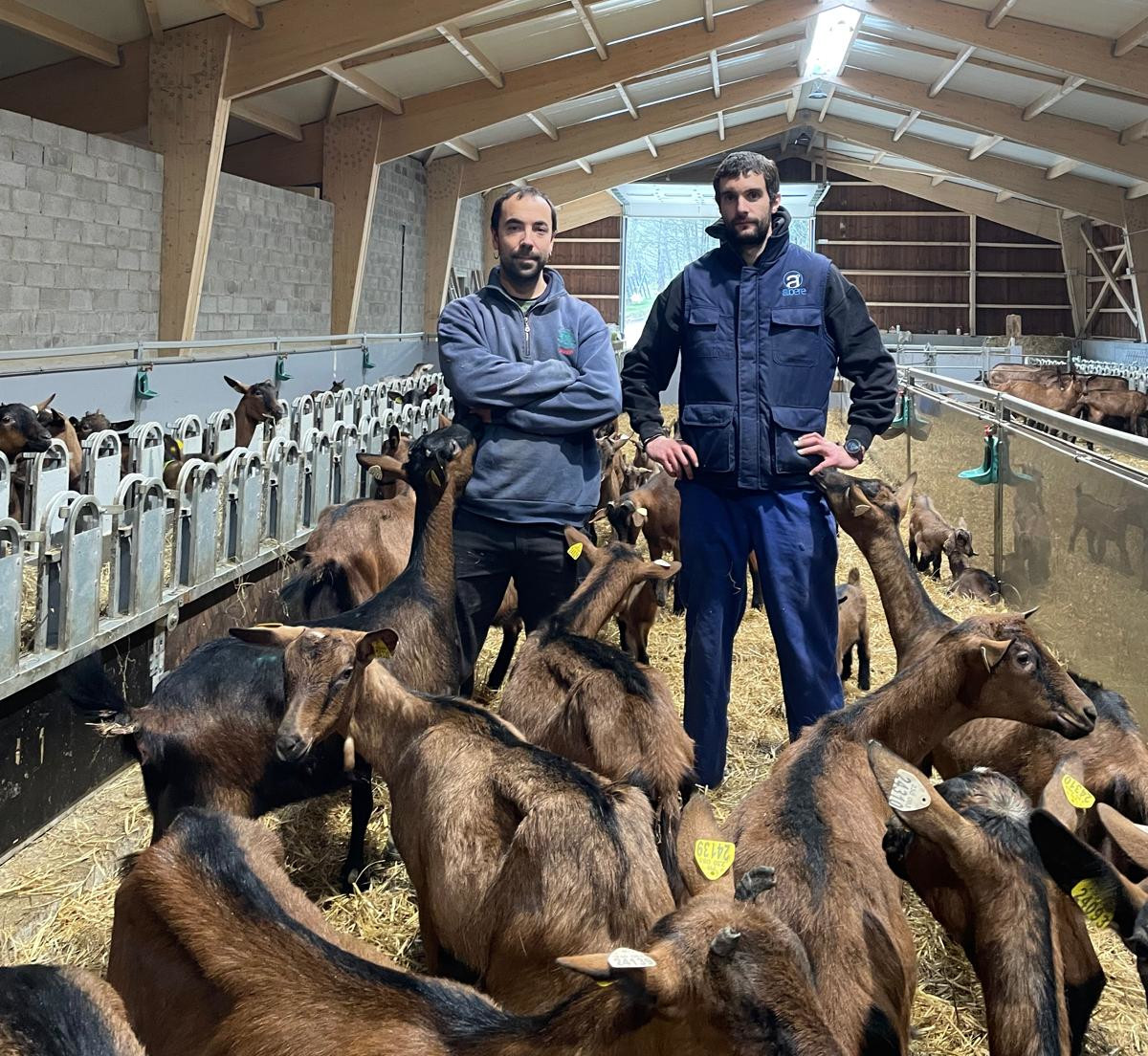From the south of the Alps to Lower Navarre, with extensive and diversified livestock farming
- In the region of Provence, the livestock project was launched in the south of the Alps by the Basque Lili Saint-Laurent and the Provencal Mathias Guibert just over ten years ago. “We planted with sheep, goats, cows, pigs and pottokas cultivating a diversified farm, but the farming world was being hampered by aridity there, the wolf problem and other reasons,” explains Saint-Laurent. The previous factors were joined by the desire to return to the Basque Country, and so they decided to move to the Oihanartia farm, which they left behind in Provence and took the cattle to rent in Landibar. They came to us on the 2024 pin.

The project partner explains that the couple had been renting in the Alps for about ten years, which gave them freedom of movement. “We also started to rent something here to do a rehearsal and see what our farm is doing in the Basque Country.” The owner of the property renovated the roof of the building, where Saint-Laurent and Guibert live. “Being able to live here in the same place is very good for us. We have equipped the farm, installed the milking machine and so on, but the rest was there and since we rented it, it has not been such a job to come here”, he adds.
With the exception of the sheep of the Merinos d’Arles breed, they have brought to the Basque Country all the cattle they had on their previous farm: 150 black-headed sheep, about twenty pirenaic goats, about ten highland cows, so many pigs and pottokas. “We are a small farm, we were like this in the Alps, and our system is really based on the mountain, we need mountains and pastures,” says the farmer. Members of the Rainforest are engaged in biological cultivation and have also joined the Idoki sormark. “It was really obvious to us to rethink the question of environmental protection,” he adds.
Meat and dairy products by direct sale
With sheep’s milk they make gasna, quesadilla and yogurt in Selva, which is currently the most important part of the production. They also sell axuriki, pitti, idiki and pork, anyway. “We have a typical gas station on the farm, where we sell our product, or else in the markets and producer stores,” explains Saint-Laurent.
In addition to production, the producers have been involved in several peasant movements in the Basque Country, such as the ELB union, the Association of the Earth of Tomorrow and the Association of Producers of Houses in the Basque Country, but also in several associations that work for the indigenous races: In the Cabezo association, such as the Pirenaikan Goat and the local pottoka support association. “It is an honor to work with all of them and to promote, value and publicize these races, in which we are engaged,” he concludes.
Duela lau urte abiatu zuten Azpeitian Enkarguk proiektua, Udalaren, Urkome Landa Garapen Elkartearen eta Azpeitiako eta Gipuzkoako merkatari txikien elkarteen artean. “Orain proiektua bigarren fasera eraman dugu, eta Azkoitian sortu dugu antzeko egitasmoa, bere izenarekin:... [+]
Donostiako Amara auzoko Izko ileapaindegi ekologikoak 40 urte bete berri ditu. Familia-enpresa txikia da, eta hasieratik izan zuten sortzaileek ile-apainketan erabiltzen ziren produktuekiko kezka. “Erabiltzaileen azalarentzat oso bortzitzak dira produktu gehienak, baina... [+]
Ubidekoak (Bizkaia) dira Imanol Iturriotz eta Aritz Bengoa gazteak. “Lagunak gara txikitatik, eta beti izan dugu buruan abeltzaintza proiektu bat martxan jartzeko ideia”, azaldu du Iturriotzek. Nekazaritzari lotutako ikasketak izan ez arren, baserri munduarekin eta... [+]
Iruñean bizi ziren Iñaki Zoko Lamarka eta Andoni Arizkuren Eseberri gazteak, baina familiaren herriarekin, Otsagabiarekin, lotura estua zuten biek betidanik. “Lehen, asteburuetan eta udan etortzen ginen eta duela urte batzuk bizitzera etorri ginen”, dio... [+]
Gipuzkoako hamaika txokotatik gerturatutako hamarka lagun elkartu ziren otsailaren 23an Amillubiko lehen auzo(p)lanera. Biolur elkarteak bultzatutako proiektu kolektiboa da Amillubi, agroekologian sakontzeko eta Gipuzkoako etorkizuneko elikadura erronkei heltzeko asmoz Zestoako... [+]
Emakume bakoitzaren errelatotik abiatuta, lurrari eta elikadurari buruzko jakituria kolektibizatu eta sukaldeko iruditegia irauli nahi ditu Ziminttere proiektuak, mahai baten bueltan, sukaldean bertan eta elikagaiak eskutan darabiltzaten bitartean.





















